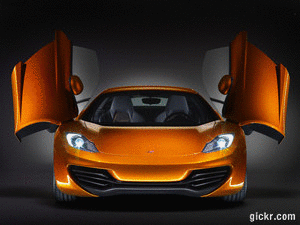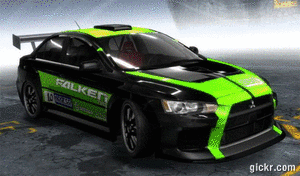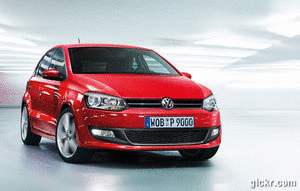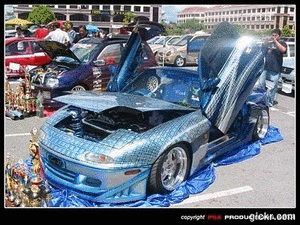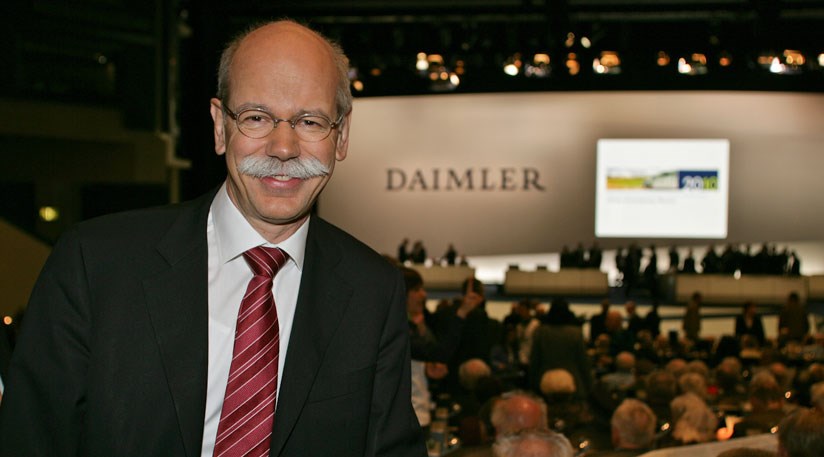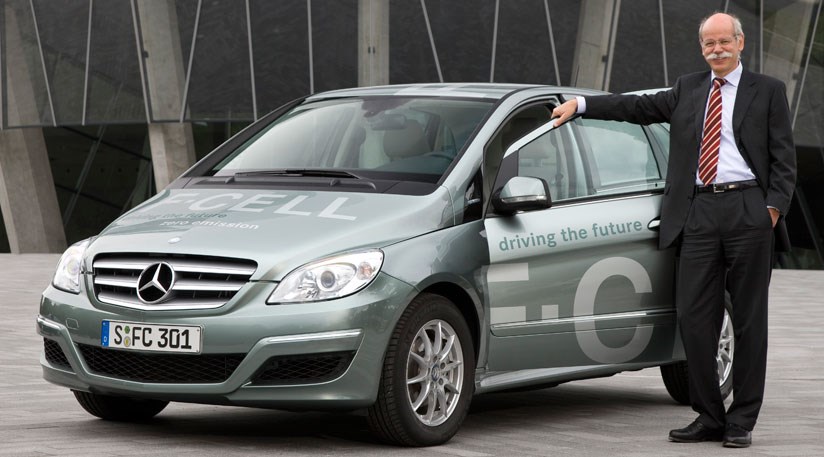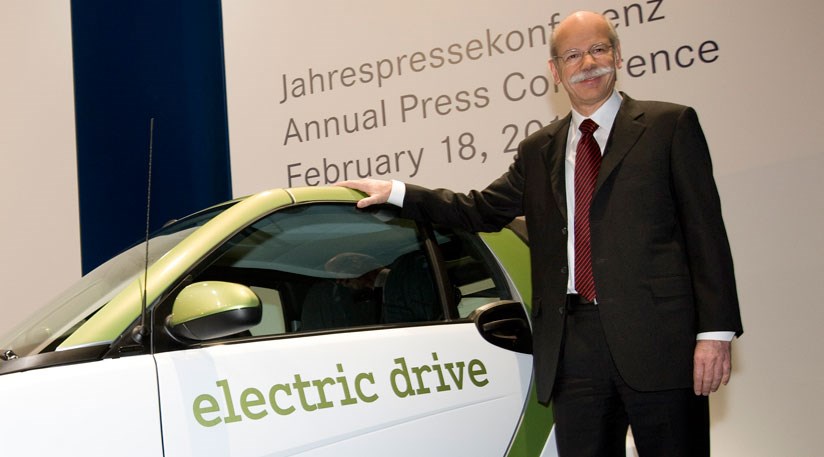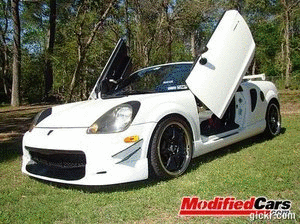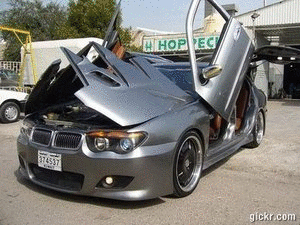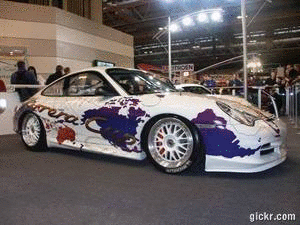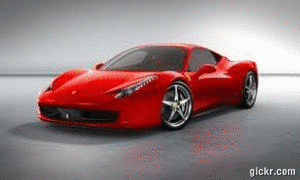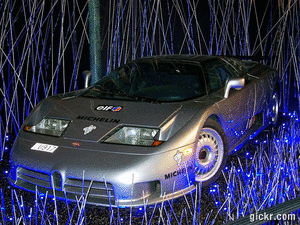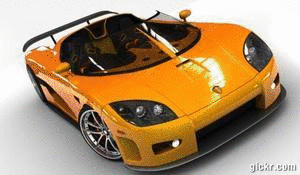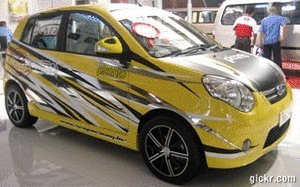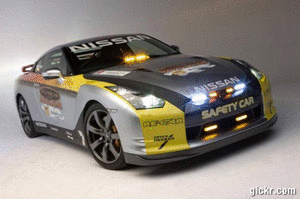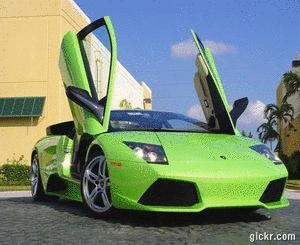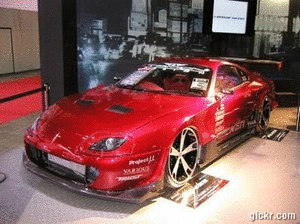|
|---|
Thursday, May 26, 2011
Daimler boss plan for small car mercedes
Small cars were the big message from Daimler CEO Dieter Zetsche as CAR sat down with him at the 2011 Geneva motor show to discuss the future of Smart.
Electric vehicles - the future of Smart?
Smart will not become an electric car specialist, despite sticking to its small car roots, Daimler CEO Dieter Zetsche pledgedj. ‘Smart is an ideal car for cities, and certainly in cities electric drive will be good for Smart,' he said. 'But it will be a long time before EVs replace internal combustion engines in general and that goes for Smart as well’.
Dr Zetsche believes that in a demand-driven marketplace, without major incentives or regulatory changes, many consumers will choose vehicles without the range or charging issues associated with current EVs.
That doesn’t mean Mercedes is staying out of the EV game. Rumours that the upcoming A-class EV had been scrapped were dismissed by Dr Zetsche.
Smart moves in the US?
The shift of Smart’s US sales distribution from Penske Automotive Group to Mercedes-Benz does not represent the end of Smart in the US. Penske had done an excellent job for Merc launching Smart in the US in 2008, claimed Dr Z, achieving a mutually-unexpected first-year sales of 27,000 units. But the subsequent freefall to 5000 Smarts annually put the dealer network’s viability in doubt.
'An alternative was to take a network which is strong and stands on its own, and can have some added volume with Smart. That’s the Mercedes US network. So that’s one part of the logic.'
There's another important reason. 'The other is that you are required to create CO2 credits in California and other states and we intend to do that through Smart,' he said. 'As these are essential to our other sales then strategically it would be questionable if you were not in control with that part of the business.'
Economies of scale – a question of alliances
Audi seems to have the best of both worlds – premium image and pricing, but economies of scale from sharing components with other VW group’s brands. How could Mercedes compete with this?
Dr Zetsche disputed the assumption, claiming that when it came to the premium-segment vehicles (C-class to S-class), Audi could not leverage economies of scale to compete with Mercedes as easily as in the sub-compact segment (with its A1 and A3).
To compete with the VW Group at the lower level, Mercedes has been chasing economies of scale. 'That's exactly what drove us to the decision to go into cooperation with Renault,' explained Zetsche. 'To combine and develop small four-cylinder engines together and benefit from the high volumes, and on the other hand do the next Smart platform together (and based on the architecture of Smart) is right for us'.
The next-gen Smart ForTwo will be co-developed with the Mk3 Twingo, but Daimler has convinced Renault to morph its conventional city car into a rear-engined, rear-drive runabout. We'll see the first fruits of the Daimler-Renault alliance in 2012.
Labels:
mercedes
